Когда-то на берегах Тибра император Веспасиан ввёл новый налог – на общественные уборные. В ответ на упрёк сына, взял монету из первой прибыли, поднёс к его носу и спросил, воняет ли она? “Нет”, – ответил Тит. “А ведь это деньги с мочи”, – сказал Веспасиан.
Эта история, записанная Гаем Светонием Транквиллом в книге “Жизнь двенадцати Цезарей”, стала поговоркой, пережив и цезарей, и Древний Рим: “Деньги не пахнут!”
Но это не правда – деньги пахнут. Пахнут всегда: потом рабочего и мозолями крестьянина, порохом и кровью войны, роскошью тирана и бесстыдством власти…
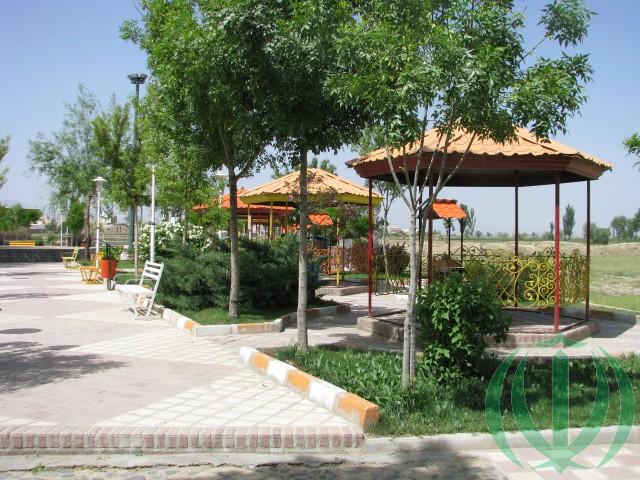
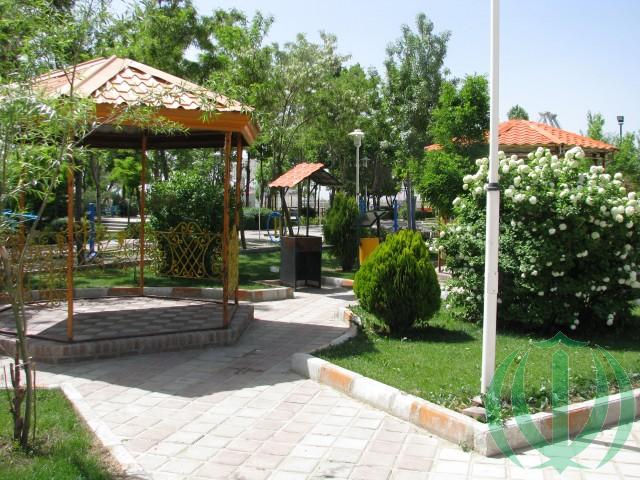
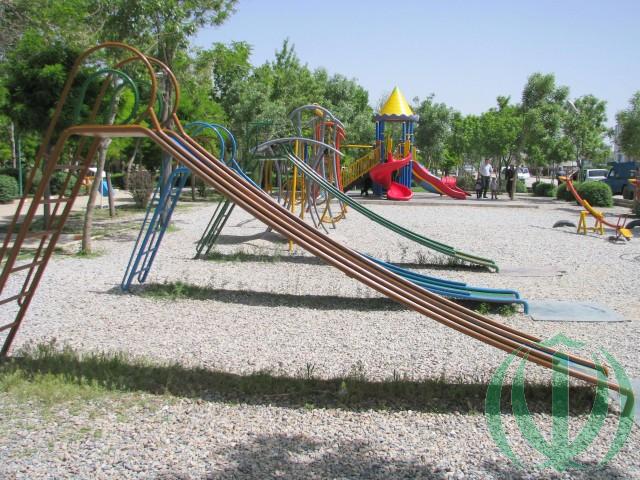
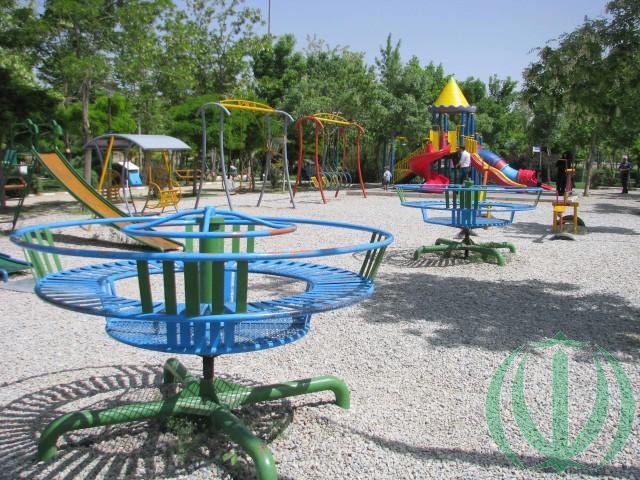
Красивый парк, не правда ли?
Я не буду называть где он – такие парки есть в каждом иранском городе…
Но давайте зайдём, простите, в туалет. Без комментариев…
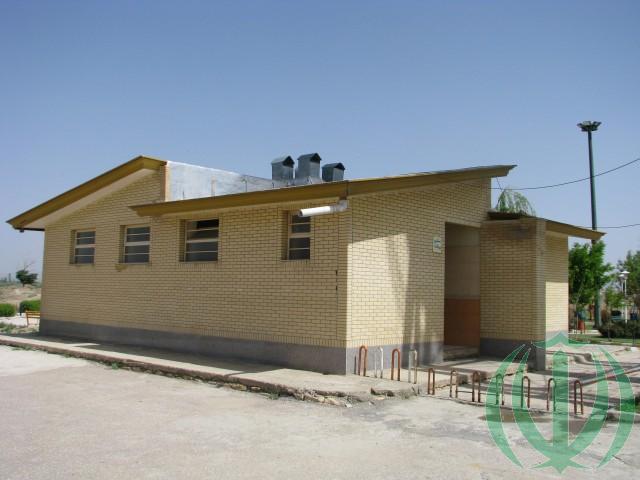
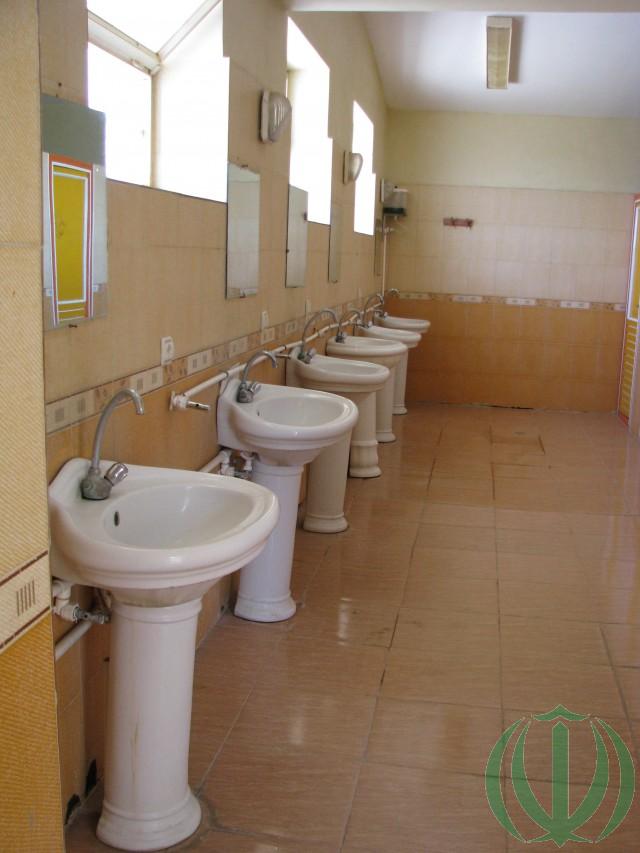
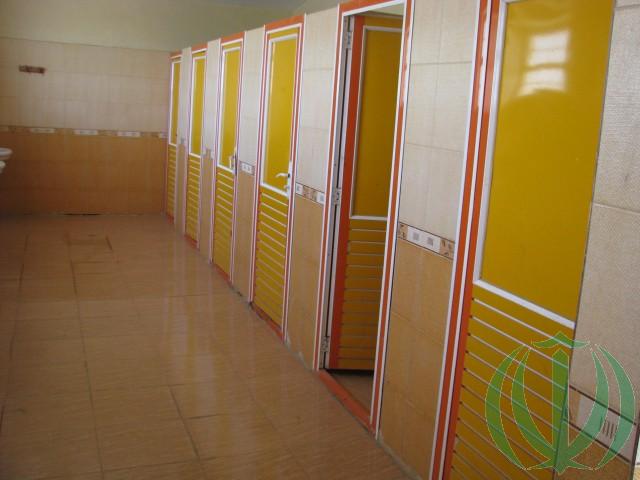

Вот такая в Иране власть. А деньги в Иране – реалы и туманы – как и везде пахнут. Только бесстыдством власти не пахнут. И мочой тоже – все туалеты в Иране бесплатные…
Money does not smell?
Once upon the banks of the Tiber, Emperor Vespasian introduced a new tax – to public restrooms. In response to the reproach of his son, took the coin from the first profit, brought it to his nose and asked if it stinks? “No,” Titus replied. “But it’s money from urine,” Vespasian said.
This story, written by Gaius Suetonius Tranquill in the book The Life of the Twelve Caesars, became a saying, surviving both the Caesars and Ancient Rome: “Money does not smell!”
But it’s not true – the money smells. The smell is always: then the worker and the calluses of the peasant, the gunpowder and blood of the war, the luxury of the tyrant and the shamelessness of power …
Beautiful park, is not it?
I will not name where he is – there are such parks in every Iranian town …
But let’s go, sorry, to the toilet. No comments…
This is the power in Iran. And the money in Iran is real and foggy – just like everywhere else they smell. Only the shamelessness of power does not smell. And urine too – all toilets in Iran are free …
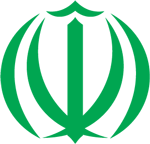

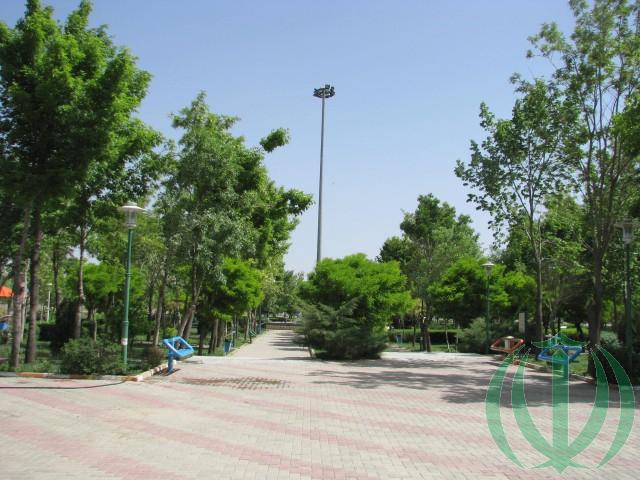
Иран большой и там не может не быть денег, которые не пахнут … у тех же спортсменов.